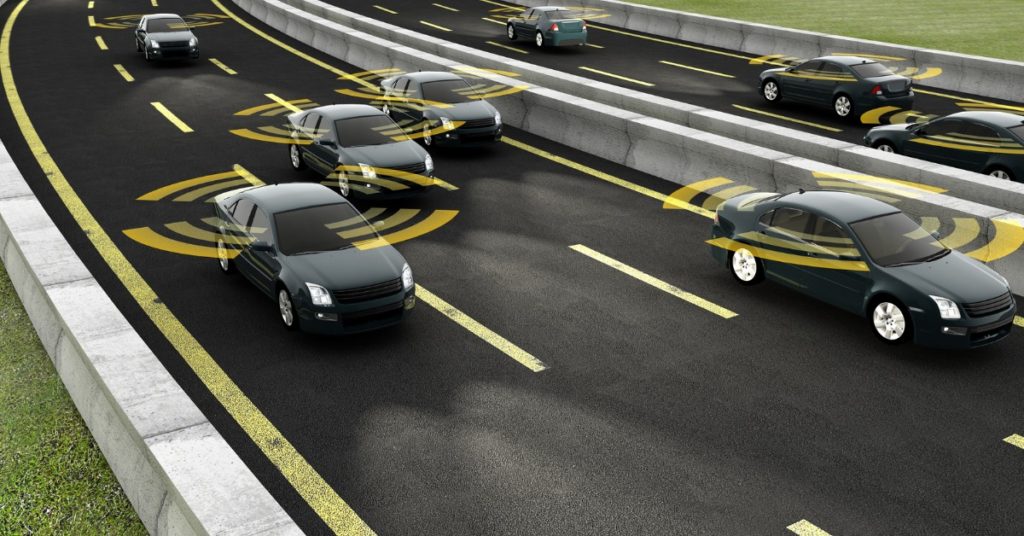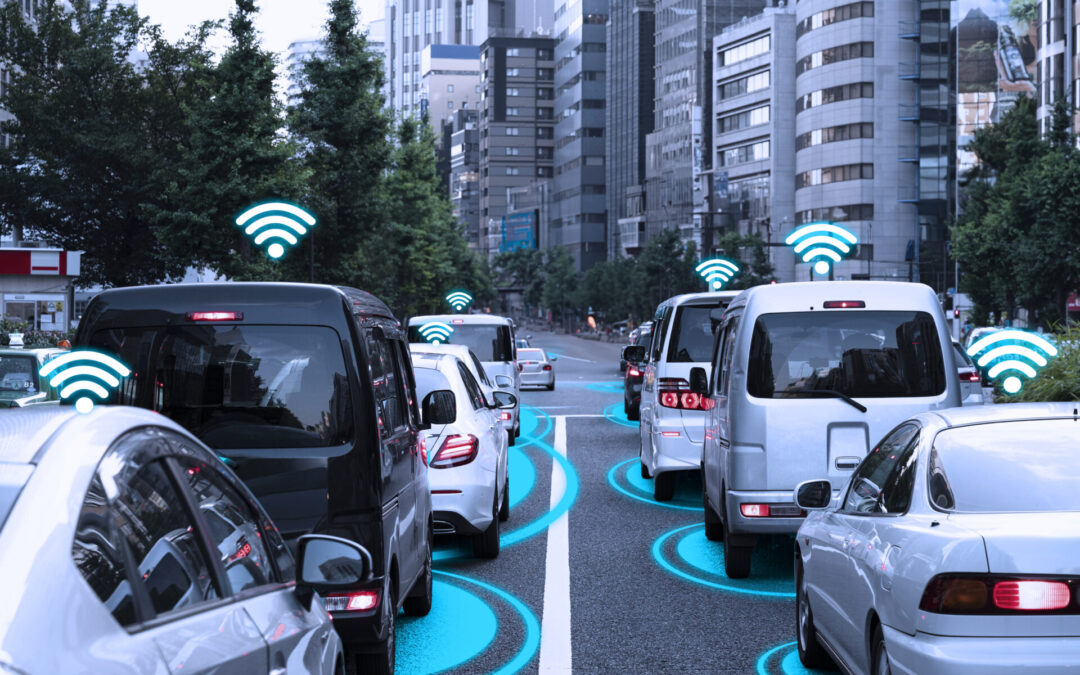
Electric vehicles. Autonomous vehicles. Shared mobility.
As we briefly covered in a previous article, the above are some of the main buzzwords that we keep hearing whenever there’s talk about the future of mobility.
And with good reason. Demand for electric vehicles (EVs) is constantly increasing, and it’s expected that sales of electric cars will account for 55% of all new car sales in Europe by 2030, according to PwC.
While it might still take a while to see level 5 autonomous vehicles (AVs) readily available to the public, plenty of manufacturers are hard at work. We can expect fully autonomous vehicles on the roads in the not too distant future. AVs also open up new possibilities for shared mobility, changing the way people own and use cars.
In this article, we look closer at these three main trends, how they will impact the automotive repair industry, and what role can Connected Cars play in helping workshops stay competitive in the future.
Connected Cars & electric vehicles
Many of the parts in traditional vehicles like oil, cooling systems, and fuel pumps no longer exist in electric vehicles, meaning that it’s much simpler to keep an electric car in good condition, as there is less maintenance involved. While this is great news for EV owners, a typical automotive workshop can expect to see up to 35% declines in maintenance and service revenue.
This means that competition among workshops is likely to become even fiercer. Workshops need to focus even more on keeping their customers loyal to ensure they keep returning for their electric vehicle’s maintenance. And this is where Connected Cars can make a difference by helping workshops increase loyalty and customer satisfaction.
With the Connected Cars solution, workshops can monitor the status of their customers’ cars in real-time and reach out as soon as there’s an issue or they need to come in for service. With a lesser need for maintenance in EVs, being proactive, and starting a data-driven dialogue with their customers can really help workshops provide a better customer experience.
Connected Cars, autonomous vehicles & shared mobility
In addition, things like tires, dents, or windscreen wipers will still need checking and changing just as in a regular vehicle. With Connected Cars, workshops can become more data-driven and have the advantage of being able to reach out to their customers at the right time, prepare for workshop visits in advance, and have the right parts in place. Moreover, workshops also get access to actionable insights based on their customers’ vehicle data, helping them increase their chances of boosting aftersales.
When it comes to autonomous vehicles, on the other hand, it’s actually expected that they will require more maintenance. There are a lot more computer processors and sensors involved in an AV, which also means a lot of new parts to maintain and ensure they work well.
Remote monitoring will likely become an essential aspect when it comes to AVs, especially considering that AVs basically remove the driver from the equation. This means that there isn’t an actual person anymore to recognize when something feels wrong and might need a checkup. So there just won’t be the same amount of feedback on how the vehicle performs over time. A solution like Connected Cars’ can really help when it comes to monitoring the vehicle’s technical status in real-time, making it easier to know how the vehicle is doing at any given time.
Additionally, AVs and shared mobility will most likely go hand in hand. It’s no secret that we’re currently using our vehicles only around 5% of the time, while they spend the rest of 95% in an office parking lot or home garage. That’s mostly because of a lack of additional drivers, but with AVs the need for a driver is no longer there.
While private vehicle ownership is actually expected to decline in the future, it will not be completely gone. A private AV owner will likely be able to register in some kind of ridesharing network, where their car will drop them off at work, drive itself to the next destination to pick another rider and be ready to come to pick them up from work at the end of the day. While this has a number of benefits for the car owner, it does mean more wear and tear for the vehicle. This makes it more likely that the AV will require more maintenance.
Thus, workshops really have a good opportunity here to help AV owners stay on top of maintenance and service needs. With Connected Cars, workshops can be proactive and not only contact customers directly as soon as their vehicle needs maintenance, but also send automatic reminders when the vehicle is due for service. Customers can then confirm appointments and their AV can simply drive itself to the workshop at the appointed time.
The commercial perspective of autonomous, shared mobility

Similarly, AVs and shared mobility also have a huge commercial potential with companies like Lyft already looking into it. That also means that such companies will try to maximize the availability of their fleet and minimize maintenance costs. This makes it essential to be able to send the vehicles in the fleet to the workshop at times when they aren’t being used by customers.
ConnectedWorkshop helps workshops get an advantage with such commercial customers, as they can provide personalized service and proactively plan workshop visits when it is most convenient for the customers. Workshops can thus become a trusted partner for fleet owners and help them maximize fleet availability on the roads and generate a continuous stream of revenue.
Main takeaways
All in all, it’s clear we can expect that electric vehicles, autonomous vehicles, and shared mobility are going to change the way we own and use cars. And naturally, this will also have an impact on the automotive repair industry, who’s likely to become even more competitive.
Connected Cars can help workshops meet the new maintenance demands of both electric and autonomous vehicles, as well as the changing customer expectations.
With Connected Cars, workshops can improve loyalty by using real-time vehicle data to provide customers with a personalized experience in tune with their actual needs. Workshops can take a proactive, data-driven approach to vehicle care, make life easier for their customers by taking charge of their maintenance and service needs, and become the preferred partner in the new mobility landscape.






